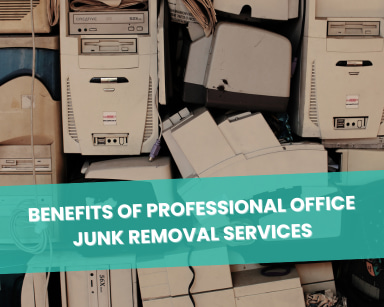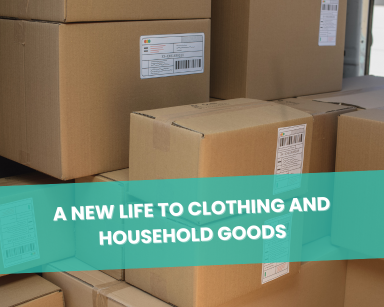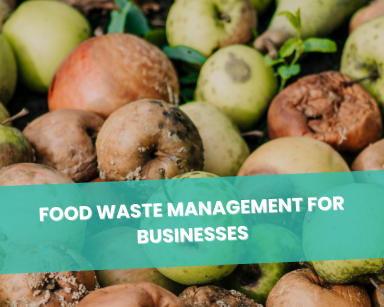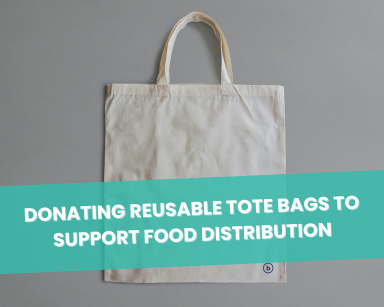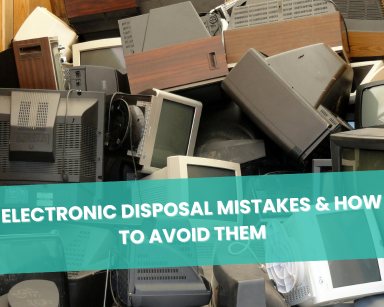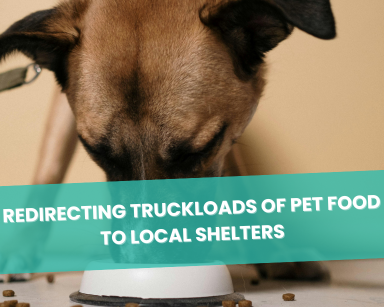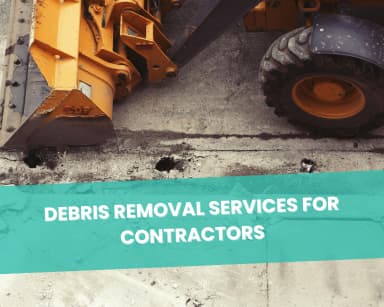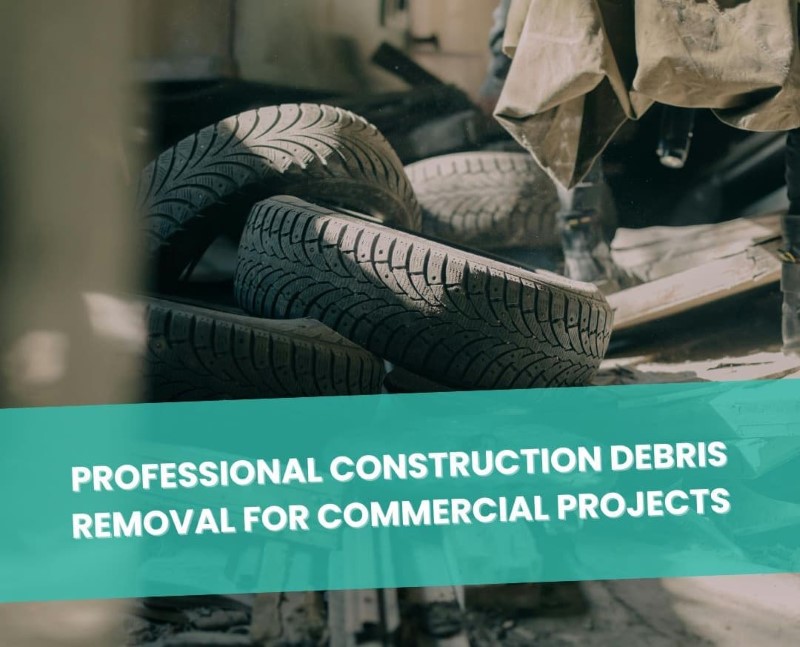Is Commercial Liquidation Worth It? Comparing Excess Inventory Buyers with Beneficial Reuse
Stacks of unsold products gather dust, your storage costs surge, and the agonizing decision of whether to liquidate. That once-promising inventory now feels like a liability. With Commercial liquidation, you’re looking at time-consuming processes, low returns, and the gnawing reality that unsold products might end up harming our planet. You’re stuck, feeling the weight of financial and environmental burdens.
Table of Contents
Understanding Commercial Liquidation: A Brief Dive
Liquidation, on the surface, seems like a sensible solution. It involves selling unwanted inventory, often in bulk and at reduced prices. This process, while giving some return on investment, is plagued with setbacks:
- Time-Consuming: A liquidation sale can take up to 90 days, leading to increased holding costs.
- Low Profit Margins: Though you might recoup 5-10% of product costs, expenses incurred can overshadow these gains.
- Environmental Concern: Products unsold even after liquidation often end up in landfills, increasing the company’s carbon footprint.
The Rising Star: Beneficial Reuse
Visualize your excess inventory being swiftly redirected, not to landfills, but into hands that need them. Instead of merely recovering minimal costs, you’re gaining tax benefits, bolstering your brand reputation, and becoming a beacon of sustainability and community upliftment. This isn’t a far-fetched dream, but a tangible reality. The tension in your shoulders eases as you realize your inventory can be both a financial asset and a force for good.
Beneficial Reuse, the process of diverting items destined for recycling, incineration, or landfills, and giving them new purpose. But why is this method gaining traction?
- Quick Turnaround: While traditional commercial liquidation drags on for months, beneficial reuse promises a solution within 3-5 days.
- Financial Incentives: Tax credits of up to 17.5% of total donation can be availed, a sum often more enticing than liquidation profits.
- Community and Brand Building: Donating helps businesses connect with local communities, fostering goodwill and strengthening brand reputation.
- Environmental Stewardship: Instead of contributing to waste, companies reaffirm their commitment to a greener earth.
Real-Life Success Stories of Beneficial Reuse
Brands like Patagonia and LEGO have already embarked on the journey of beneficial reuse, taking surplus products and repurposing them in innovative ways. From creating school supplies for underprivileged children to building community playgrounds, these brands exemplify how excess inventory can indeed change the world.
Overstock Challenges: Why Businesses Fail to Handle Excess Efficiently
Most businesses, especially in the e-commerce realm, face overstock challenges. Factors like miscalculated demand, return policies, and production surplus often culminate in excess inventory.
- Holding Costs: Every day, these surplus products rack up storage costs.
- Resource Misallocation: Employees invest time managing excess inventory, detracting from other pivotal tasks.
- Missed Revenue: Capital bound up in excess inventory could have been used elsewhere for business growth.
The Psychological Impact of Excess Inventory on Entrepreneurs
Beyond the tangible costs, holding onto excess inventory can have a psychological toll on business owners. From the anxiety of sunk costs to the dread of potential waste, the emotional ramifications are profound. Beneficial reuse offers not just a tangible solution but an emotional reprieve, transforming a potential failure into a philanthropic success.
Why Beneficial Reuse is More Than Just an “Alternative”
While we’ve discussed the logistics, let’s delve deeper into the emotional and societal facets:
- Touching Lives: Each product diverted from waste can make a significant difference in someone’s life. That pair of shoes, that unused device, could be a beacon of hope for someone in need.
- Boosting ESG Scores: ESG scores are now pivotal in assessing a company’s ethical and environmental stance. Beneficial reuse elevates these scores, positioning businesses as leaders in sustainable practices.
- Tackling the E-commerce Inventory Challenge Head-On: E-commerce is notorious for returns. Instead of viewing these as losses, beneficial reuse transforms them into opportunities, with returns benefiting communities and charities.
Consumer Perception and Beneficial Reuse
In an age of conscious consumerism, where buyers are more informed and driven by ethical choices, brands embracing beneficial reuse resonate more with their target audience. A Nielsen survey indicated that 66% of consumers are willing to pay more for sustainable brands. By adopting beneficial reuse, businesses are not just making an environmental statement but are strategically positioning themselves in the heart of the consumer’s values. It’s like you’re killing two birds with one stone!
The Circular Economy: The Path Forward
We stand at a pivotal juncture in global commerce. The linear economy, where we take, make, and dispose, is untenable. The future beckons a circular economy, where resources are optimized, waste is minimized, and environmental impact is profoundly reduced. Beneficial reuse is a giant stride in this direction.
Conclusion: The Clear Winner in the Modern Age
Liquidation, a solution from yesteryears, falls short in meeting the multifaceted challenges and responsibilities of today’s businesses. Beneficial reuse not only presents a superior financial proposition but also resonates with the ethos of the modern consumer and business – eco-conscious, community-driven, and future-oriented.
In the grand scale of commerce and conscience, beneficial reuse isn’t merely an alternative, it’s the clear path forward.

